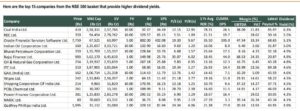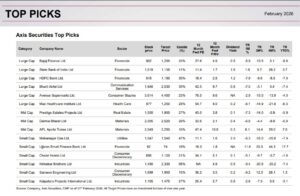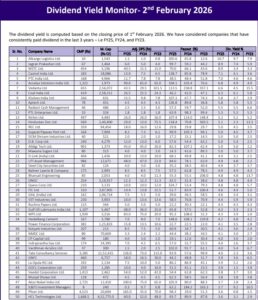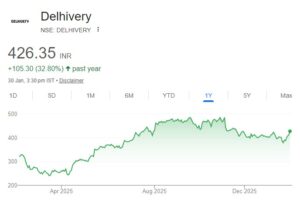
Investors in penny stocks have been a beleaguered lot because of a series of judgements which held their hard-earned gains to be bogus and not eligible for the tax exemption conferred to long-term capital gains.
Shantadevi Bimalchand Jain, a sprightly senior citizen in Nagpur, raked in 100-bagger gains from an unknown penny stock known as Khoobsurat Ltd. However, her ambition to enjoy tax-free gains was dashed by a two-lady judge Bench of the Nagpur High Court.
“The assessee had not tendered cogent evidence to explain as to how the shares in an unknown company worth Rs. 5 had jumped to Rs. 485 in no time. The fantastic sale price was not at all possible as there was no economic or financial basis as to how a share worth Rs.5 of a little known company would jump from Rs.5 to Rs. 485,” the Lady Judges observed in a dry tone (see High Court Busts Penny Stocks Scam & Ends Claim Of Bogus Long-Term Capital Gains)
Sanat Kumar of Azadpur was also in for a rude shock when his massive profits of Rs. 1.21 crore from a penny stock named Cressanda Solution Ltd was rejected.
“Neither in the past nor in the subsequent years, assessee has indulged into any such investment having huge windfall. Had the assessee been so intelligent qua the intricacies of the share market, he would have definitely undertaken such risk taking activities in the past or future by making such investment in the unknown stock. So, we are of the considered view that what appears to be apparent in making investment by the assessee in unknown stock is not real when examined the whole transaction of sale and purchase of the stock with huge windfall to the assessee,” the Court held, pinning down Sanat Kumar and leaving him no room for escape. (see Investor Makes 282x Gain (In 12 Months) From Penny Stock But Gets Busted By Tax Sleuths)
Swati Bajaj from the City of Joy also ran into heavy weather when it was held that her massive capital gains was “against human probability and defies business logic of any business enterprises“.
“This cannot be case of intelligent investment or simple and straight case of tax planning to gain benefit of long term capital gains earnings of huge gainss over short periods is against human probability and defies business logic of any business enterprises dealing with share transactions net worth of company is not known to assesses. Even brokers who coordinated transactions were also unknown to assessee. All these facts give credence to unreliability of entire transaction of shares giving rise to such capital gains ratio,” the Court ordered in a stern manner sending a chill down the spine of all penny stock investors on Dalal Street. (see If taxpayer cannot justify rise in share price of Penny Stocks, it means gains are bogus)
However, Indravadan Jain of Mumbai managed to turn the tables on the income-tax department in a deft manner. He bought shares of Ramkrishna Fincap Ltd at Rs.3.12 per share in 2003 and sold the same in 2005 for Rs.155.04 per share. To his bad luck, his broker Basant Periwal & Co admitted that he (the broker) had indulged in price manipulation of Ramkrishna Fincap through “synchronized and cross deals“. SEBI passed an order regarding irregularities and synchronized trades carried out in the said scrip by the said broker.
Indravadan held his nerve and argued with a straight face that the sins of the broker cannot befall upon the investors.
He laboriously explained that the shares were bought on the floor of the Kolkata Stock Exchange through a registered share broker. In pursuance of purchase of shares the said broker had raised invoice and purchase price was paid by cheque and the assessee’s bank account has been debited. The shares were also transferred into the assessee’s Demat account where it remained for more than one year. After a period of one year the shares were sold by the said broker on various dates in the Kolkata Stock Exchange. Pursuant to sale of shares the said broker had also issued contract notes cum bill for sale and these contract notes and bills were made available during the course of appellate proceedings. On the sale of shares the assessee effected delivery of shares by way of Demat instructions slip and also received payment from Kolkata Stock Exchange. The cheque received was deposited in the assessee’s bank account.
As all the documentation is in order, where is the justification for treating the capital gains as unexplained cash credit under Section 68 of the Income-tax Act, he rightly argued before MiLords.
To everyone’s relief, MiLords accepted the pleadings of the taxpayer. “These shares were purchased by respondent on the floor of Stock Exchange and not from the said broker, deliveries were taken, contract notes were issued and shares were also sold on the floor of Stock Exchange. The ITAT therefore, in our view, rightly concluded that there was no merit in the Department’s appeal,” it was declared by the Court.





